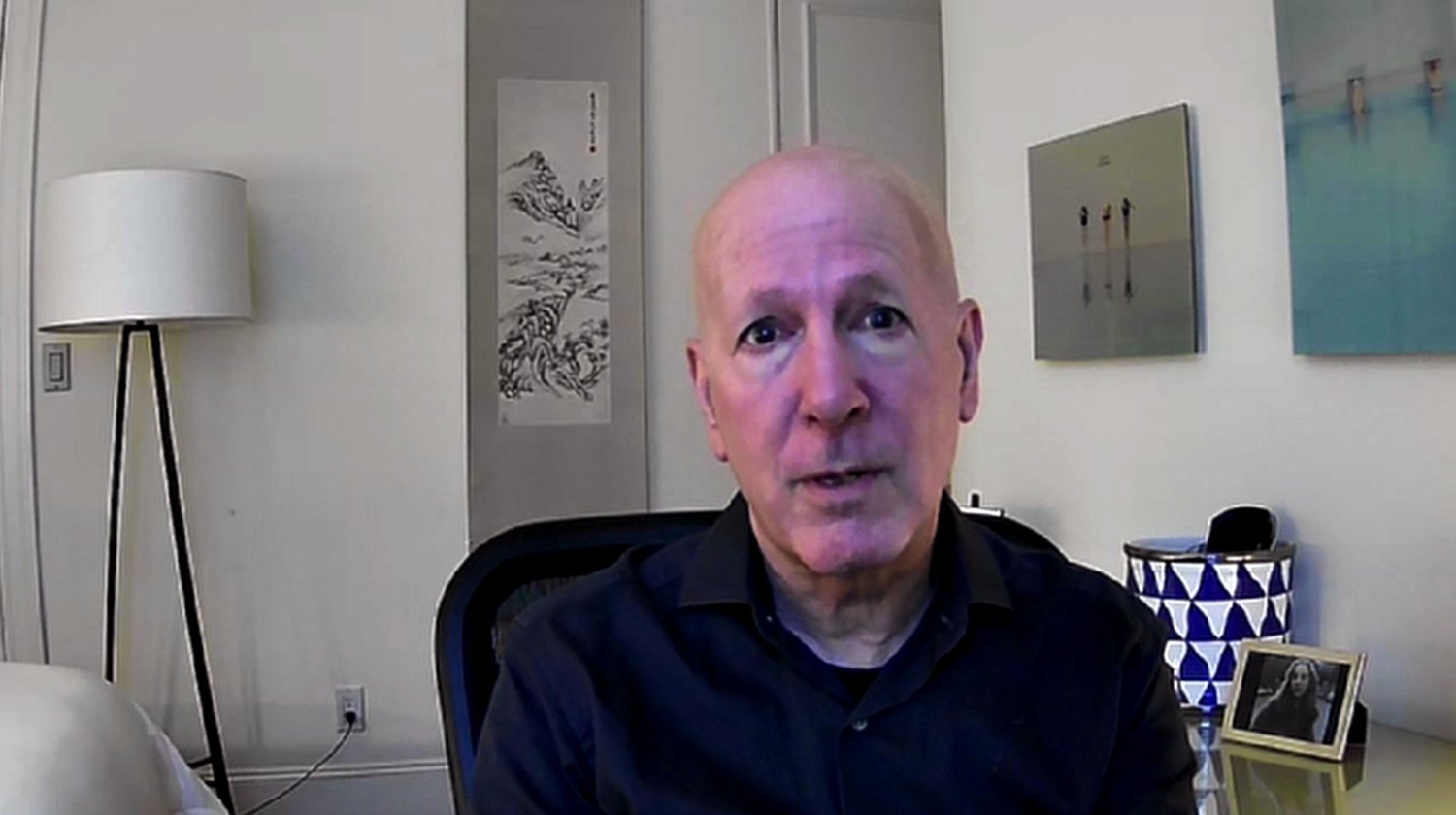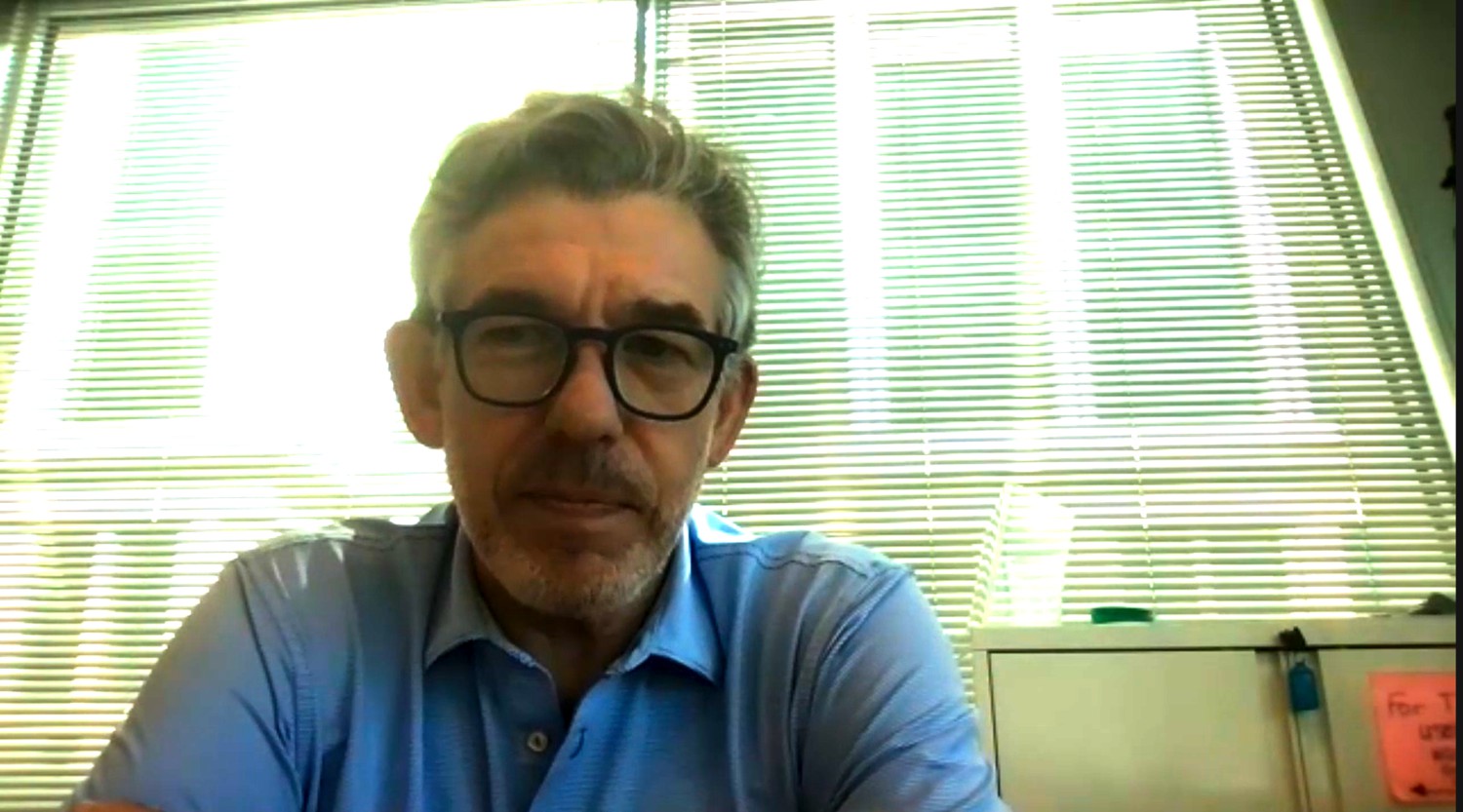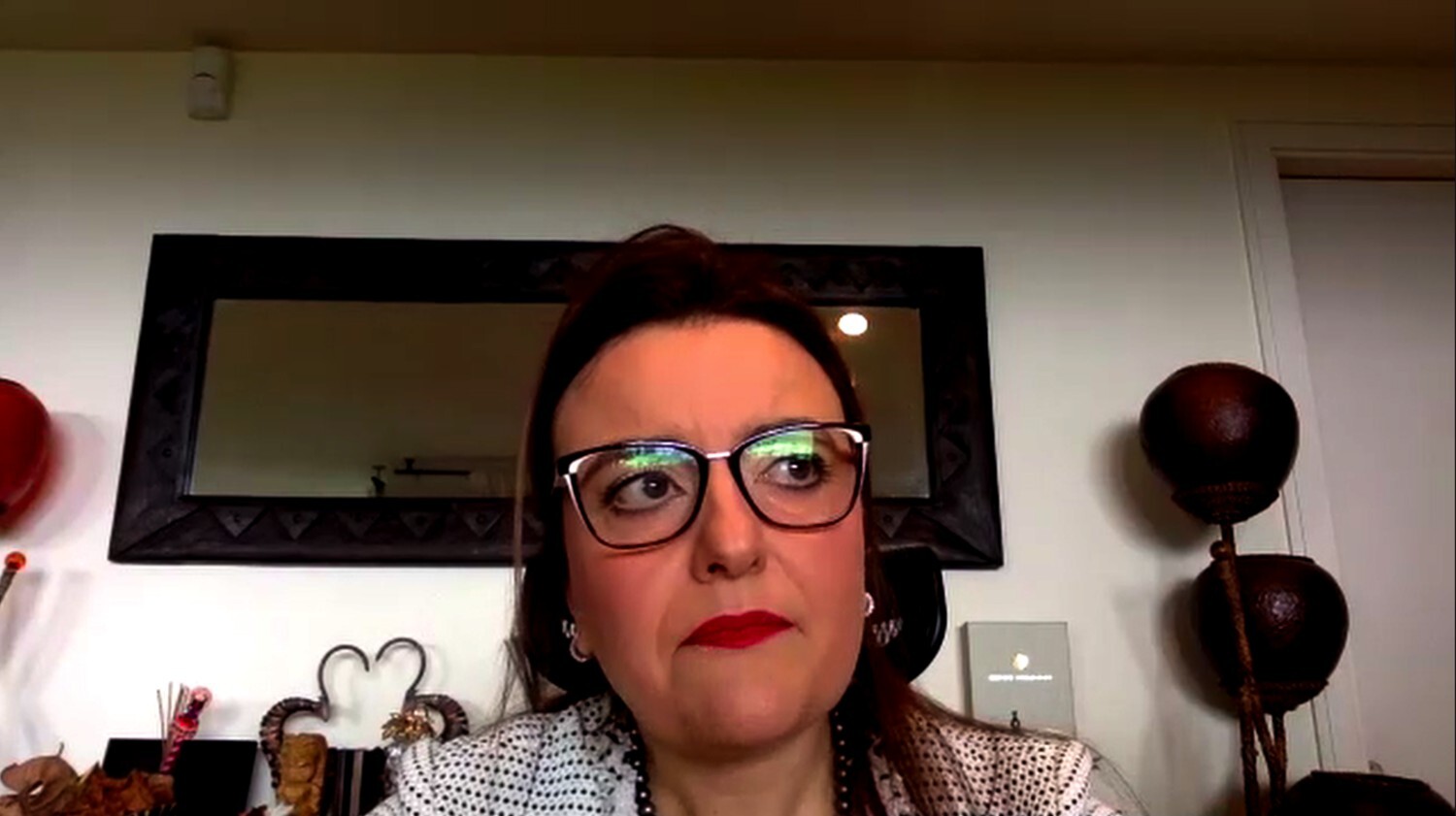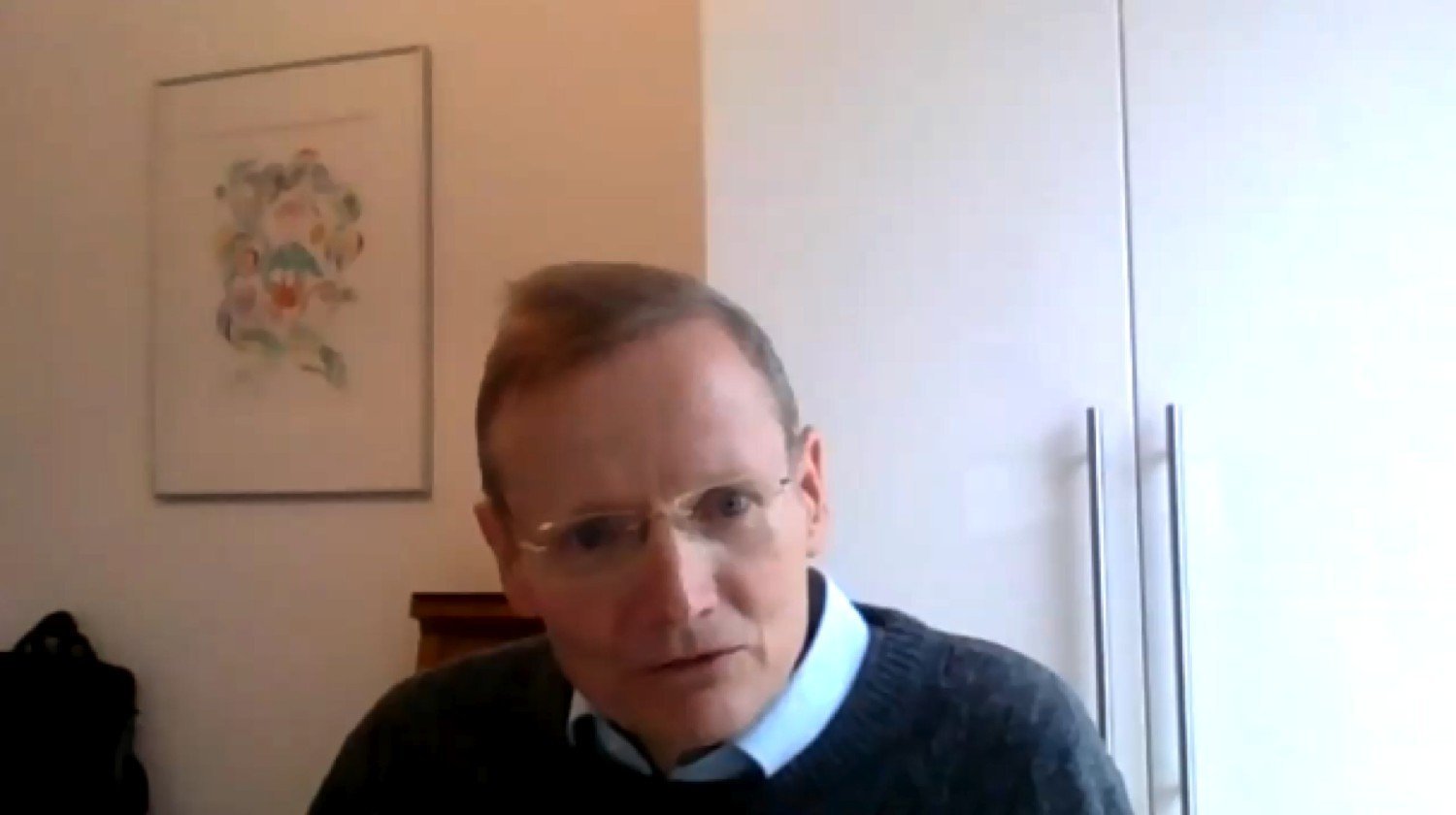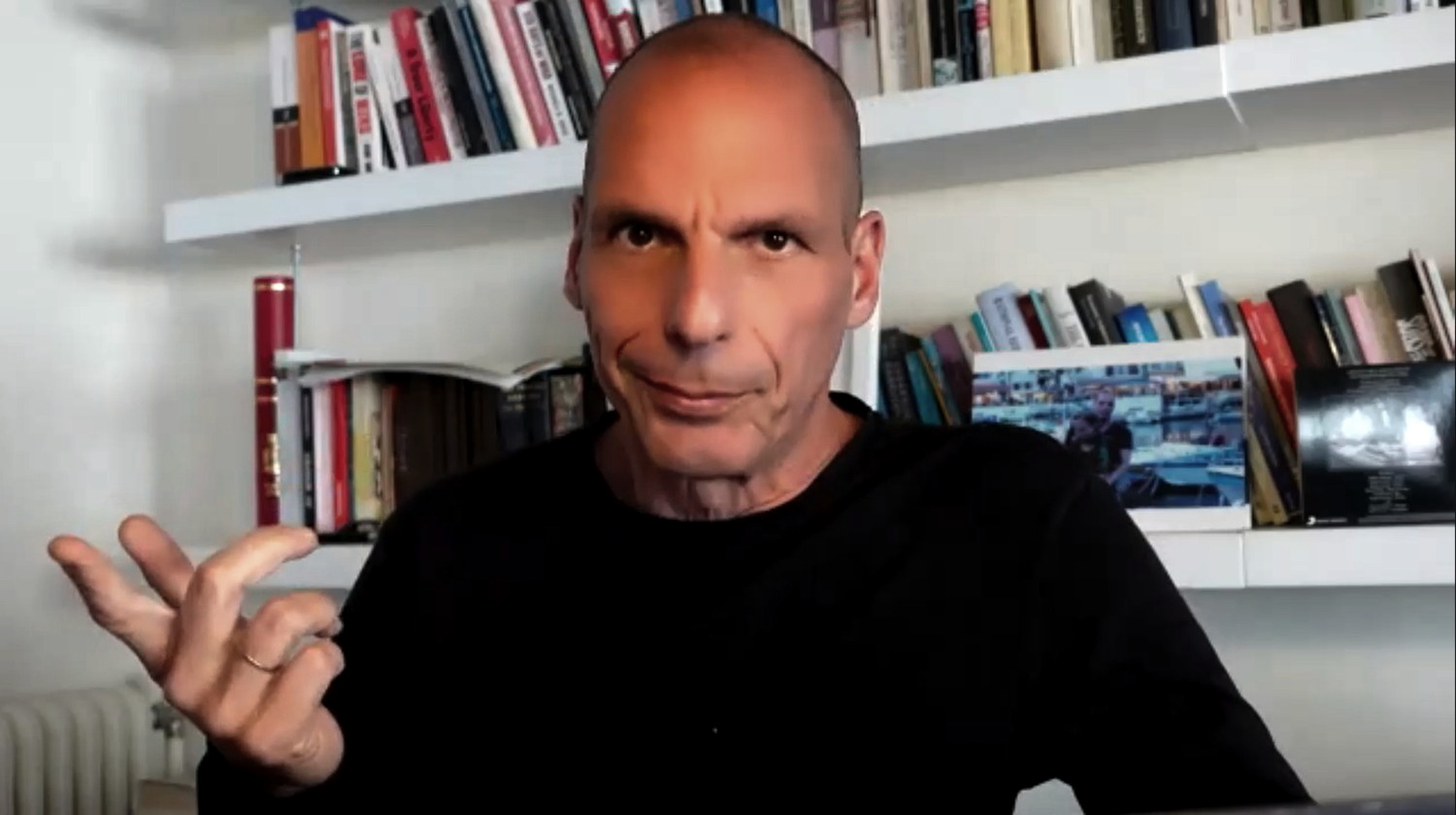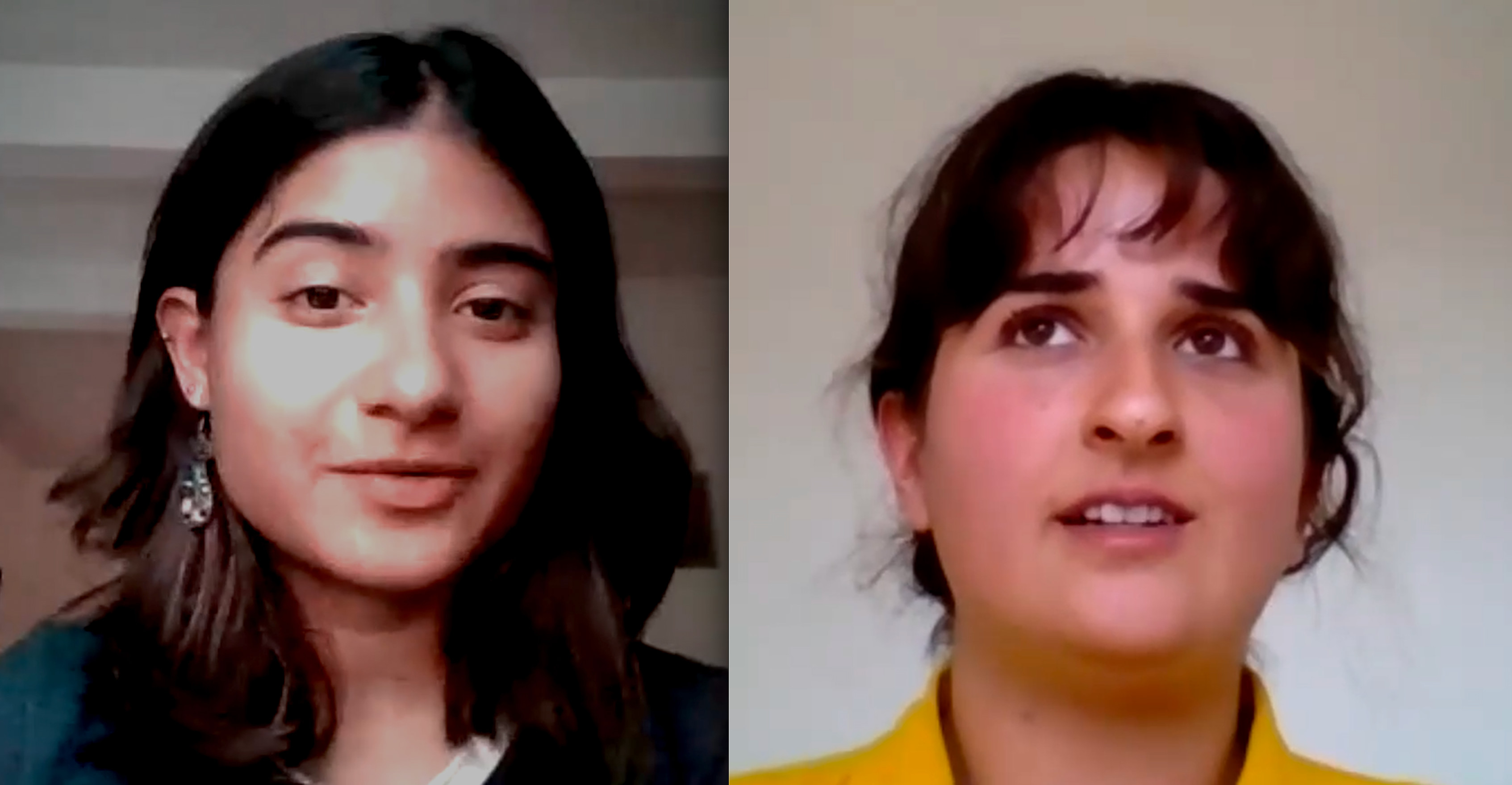Jason DeSena Trennert
American-Italian. Chairman and CEO of Strategas, one of Wall Street’s top thought leaders on markets and economic policy
1. Why does economics matter?
Economics matters because it provides an intellectual framework for the way individuals and societies allocate scarce resources. It also gives us some understanding of how and why people produce, consume and distribute those services. I think, generally speaking, economics has largely been thought of in monetary terms, and that’s so true for a good portion of the world. I think in the West, people are starting to think of those resources in other terms, like time or quality of life, or the environment. But ultimately economics matters so that we can focus on the trade offs that matter to us.
2. What are the differences between economic science (academic economics) and economic engineering (policymaking)?
Well, I think, if you believe in the incentive model, as I do, the biggest differences between economic science and economic engineering would be really between observing the way people actually respond to current incentives as they are versus the way policymakers would like people to respond or to certain policy goals. My own opinion is that economists in general, social scientists in particular, tend to have quite high opinions of themselves. And so there’s a very strong tendency to want to change behaviors and to tinker.
And I would say that in free societies, this is a very tricky prospect, because if you get too little tinkering on the part of policymakers, you may see things you don’t like as part of an economic system. But if you get too much tinkering, if you get too much support, let’s say, from economists or too much help from economists, you may provide a lot of unintended consequences that lead to even more tinkering and worse outcomes.
And so ultimately, though, the difference between the two, between observing the way people behave and actually trying to incentivize people to behave in ways that you think are best for society.
3. What role does economics play in society? Does it serve the common good?
Well, I think an understanding of economics helps individuals and societies order their priorities and hopefully with good decisions, improve living standards, wealth, health.
Ultimately, as I said before, the study of economics is the study of trade offs among competing interests. And so a good understanding of economics should help people make the right decisions. Good economic policies absolutely will serve the common good. But I think it’s also fair to say, and we’ve had plenty of examples of this, that bad economic policies can make life, in the words of Hobbes, nasty, brutish and short. We’re all making economic decisions every day, whether we know it or not.
So you don’t have to be an economist. We’re all economists in a certain way because we’re all trying to square our own individual interests with our own limited resources. And for some people that could be time, for other people could be money. For a lot of people it’s both. You’re hoping that the good economic policies will serve the common good.
4. Economics provides answers to problems related to markets, efficiency, profits, consumption and economic growth. Does economics do a good job in addressing the other issues people care about: climate change and the wider environment, the role of technology in society, issues of race and class, pandemics, etc.?
Listen, I think the study of economics can absolutely help individuals make the right decisions for themselves and the way to order their priorities. I think in a free society, however, it’s unreasonable to expect everyone to place the same value on those competing interests. And there’s as they say, there is no free lunch.
Everything has a cost. So, for instance, while having a completely fossil fuel free society may be in everyone’s best interest in the long run. The economic cost of that goal may be too much for many people to bear. And in a democracy, in a free society, it’s not easy or perhaps even desirable to enforce the will of what may be right in the long term over what might be right in the short term. Or at least that’s the way I think about it.
You see a similar question with regard to technology. Having free search engines is nice. We all rely on them. Most of us rely on them all the time. But of course, we also know that those services aren’t really free, that there’s a cost to your own privacy. And many of us willingly make that trade off. But sometimes the trade-offs are not always completely obvious. And so, again, I think you’re left with the same questions, which is ultimately how do you balance kind of the short term interests of individuals with what some people might say are the long term interests of society, especially if there’s no real consensus on what the long term interests of society are
I would say this is economics is easier, more easily applied in societies in which there’s only one culture and the values are the same. It becomes more difficult, I would argue, in a multicultural society, a free, multicultural society.
5. As we live in an age of economics and economists – in which economic developments feature prominently in our lives and economists have major influence over a wide range of policy and people – should economists be held accountable for their advice?
Well, you know, I would say, of course. As someone who runs my own company for 15 years, I would argue that accountability is a key to success in any endeavor. The problem is, how do you define accountability in a social science? Human beings are constantly evolving and changing… It seems reasonable to assume that economics must evolve and change as well. As well economists. And I think the problem with economics in terms of holding people accountable is that lag times in policy are long and variable.
I spend most of my time looking at the financial markets and the nice thing about that, is that I have a scorecard every day to test out my theories. And when we’re wrong, we know right away and we can change and make adjustments. That isn’t always the case in economics. The answers to our subscriptions of how to run a society may not come for many, many years. I think, you know, another issue is, in terms of holding people accountable in economics… Benjamin Disraeli once said: there’s lies, damn lies and statistics.
And I think that one of the issues I would argue that we have in terms of holding people accountable, is that almost any theory can probably be supported by some amount of data. So that I think is an issue. And we have to make sure we’re measuring the right things, it seems to me, to get a consensus that we’re measuring the right things to hold people truly accountable.
6. Does economics explain Capitalism? How would you define Capitalism?
Well, I would say to the extent to which capitalism is an economic system that allows private enterprise and free markets to control the means of production, rather than having an overarching state control of the means of production, economics explains capitalism for people that want to live a life with minimal government intrusion and maximum freedom. This may be one of the reasons why capitalism is often the source of so much innovation and productivity.
The ability for an individual to earn economic profits and accumulate wealth tends to encourage people to seek more efficient ways to produce new and better goods and services. And in my opinion, allowing free people to make their own decisions and to allocate resources accordingly, has been really the primary reason why capitalism has lifted more people out of poverty than any other system that I’ve seen. And so I think that will continue to be the case.
7. No human system to date has so far been able to endure indefinitely - not ancient Egypt or Rome, not Feudal China or Europe, not the USSR. What about global Capitalism: can it survive in its current form?
Well, listen, I think the problem that strikes me is not that there’s too much capitalism, but there’s too little. And that might sound harsh, but it seems to me that the problem with the current system, at least as it exists in the United States, is that a concentration of wealth largely allows a small group of individuals to write the rules of the game. And so what you have is a form in some ways of crony capitalism, which tends to benefit the wealthy and the powerful at the expense of everyone else.
And so the key… I think capitalism is by far the best system …but the key is to make sure that you try to preserve as much free competition as possible and make sure that the concentration of wealth doesn’t overtake the entire system. And I think, frankly, we’re at risk of doing that right now. Our company runs something called a lobbying index, and it’s made up of companies that are the most intense lobbyists in Washington, D.C. and the stocks of those companies have outperformed the broader market almost every year for the past 18 years.
And it really shouldn’t work that way. And it seems to me that the more it continues to work that way, frankly, it’s not that capitalism is a bad system, it’s just that our political systems will change in an effort to change capitalism in some other way. We’ll be lucky if we’re left with capitalism. If we’re unlucky, we’ll be left with some form of socialism that, in my opinion, will aid an increasingly smaller group of people at the expense of everyone else.
8. Is Capitalism, or whatever we should call the current system, the best one to serve the needs of humanity, or can we imagine another one?
Frankly, I can’t really imagine another one in its purest form that would be better. And again, it’s not to say that there aren’t problems with capitalism as it actually is in the world now. But any system that’s have been designed by human beings is going to be imperfect, especially, as I said before, in a multicultural society in which there are a wide range of values.
Based on my own values, which I would claim are kind of traditional American values of freedom and liberty, I think capitalism is, in an Aristotelian sense, the best economic system because it does the most good with the least harm. It doesn’t say that it is occurring with no harm at all, but compared to the other systems that we have, I think it’s better. The primary role of a government that likes capitalism, that wants to use the benefits of capitalism, is to make sure that you’re preserving property rights and that the rules of law are enforced equally among all parties, regardless of how much money or influence they may have.
But I think in that regard, free people left to act in their own best interests or will take it from there. I don’t think anything else really needs to be imagined. I think human beings will come up with a lot of the answers themselves. And I think the United States, for the vast majority of its existence, is really an example of that. The country was largely founded by a group of pioneers that created a constitution that didn’t have any real uniform tax system until 1914.
And yet it was the source of enormous wealth creation and capital accumulation and innovation. And so I think, again, the best system is capitalism. It can serve the needs of humanity, but only if you make sure that the rule of law is applied equally.

